Specialist Doctor 2 Nguyen Minh Tien, Deputy Director of the City Children's Hospital (HCMC), said that respiratory syncytial virus (RSV) is the main cause of acute infections in infants, young children, the elderly, and people with underlying diseases.
Typical symptoms
Similar to other respiratory viruses, RSV can be re-infected many times. RSV can be transmitted from person to person through secretions, respiratory droplets such as when an infected person coughs, sneezes, touches contaminated surfaces such as doorknobs, toys, tabletops... direct contact such as shaking hands, kissing, feeding...
"In young children, acute respiratory infections will have symptoms such as fever, cough, runny nose, wheezing, bronchiolitis, and progressive respiratory failure... In adults, RSV infection will also have similar symptoms such as fever, cough, runny nose, and is characterized by wheezing, bronchospasm, and in severe cases, can cause respiratory failure," Dr. Tien shared.
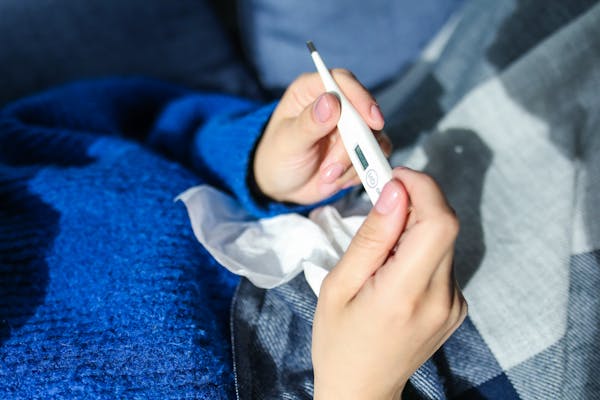
Fever, cough, runny nose, wheezing, and bronchospasm are typical symptoms of RSV infection.
Many children are infected with RSV.
At the City Children's Hospital, about 25% of children with respiratory illnesses are caused by RSV. Symptoms usually last about a week. The rate of severe illness is about 5%.
Signs of worsening illness include increased breathing rate, labored breathing, chest retraction... In young children, it is important to pay attention to signs such as fussiness, irritability, unusual fatigue, poor feeding or refusal to feed, difficulty breathing, short, shallow, rapid breathing...
Do not buy antibiotics for home treatment on your own.
Doctor Tien said that patients infected with RSV will be treated with symptoms, rest, receive proper nutrition, and be provided with oxygen... Currently, there is a vaccine to prevent RSV in the world and it is expected that in the near future, there will be a vaccine to prevent the disease in Vietnam.
"Patients should not arbitrarily buy antibiotics to treat themselves at home but should follow the doctor's instructions at medical facilities. In adults, the symptoms of RSV infection are usually mild. However, if re-infected many times, there is a risk of causing asthma," Dr. Tien shared.
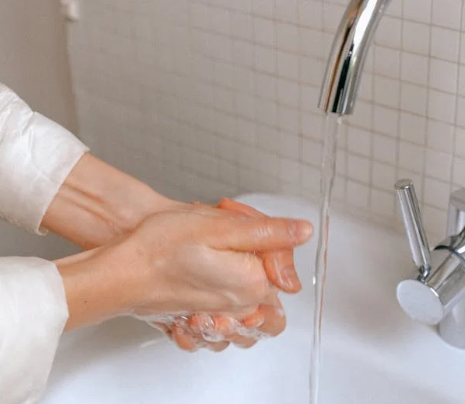
Wash your hands frequently with soap and water for at least 20 seconds to prevent respiratory diseases.
In addition, to prevent RSV infection, doctors recommend washing hands frequently with soap and water for at least 20 seconds, or using an antiseptic hand sanitizer; Avoid touching your face, eyes, nose, mouth; Avoid close contact with sick people such as hugging, kissing, shaking hands; Do not share eating utensils with others; Cover your mouth and nose when sneezing or coughing with a tissue or elbow; Disinfect frequently touched surfaces such as desks, doorknobs, phones, computers, elevators, stair railings, etc.
"People who suspect they have RSV should avoid close contact with others, wear a mask if necessary, and should not come into contact with people at risk of severe illness such as young children, the elderly, or people with underlying medical conditions," Dr. Tien advised.
Unstable weather is favorable for RSV development
According to the Ho Chi Minh City Center for Disease Control (HCDC), Ho Chi Minh City has erratic weather and humidity. This is a favorable environment for bacteria and viruses that cause respiratory diseases to develop, including RSV. This virus often causes pneumonia, wheezing, bronchiolitis, respiratory failure, etc.
RSV can attack the lower respiratory tract, causing symptoms such as difficulty breathing, breathing faster than normal and wheezing, cough, sore throat, runny nose, stuffy nose, fever, pneumonia, bronchiolitis. In addition, a notable feature is that RSV also causes otitis media, pneumonia, collapsed lung, pneumothorax...
Source link




![[Photo] Comrade Khamtay Siphandone - a leader who contributed to fostering Vietnam-Laos relations](https://vstatic.vietnam.vn/vietnam/resource/IMAGE/2025/4/3/3d83ed2d26e2426fabd41862661dfff2)
![[Photo] Special relics at the Vietnam Military History Museum associated with the heroic April 30th](https://vstatic.vietnam.vn/vietnam/resource/IMAGE/2025/4/3/a49d65b17b804e398de42bc2caba8368)
![[Photo] Moment of love: Myanmar people are moved to thank Vietnamese soldiers](https://vstatic.vietnam.vn/vietnam/resource/IMAGE/2025/4/3/9b2e07196eb14aa5aacb1bc9e067ae6f)
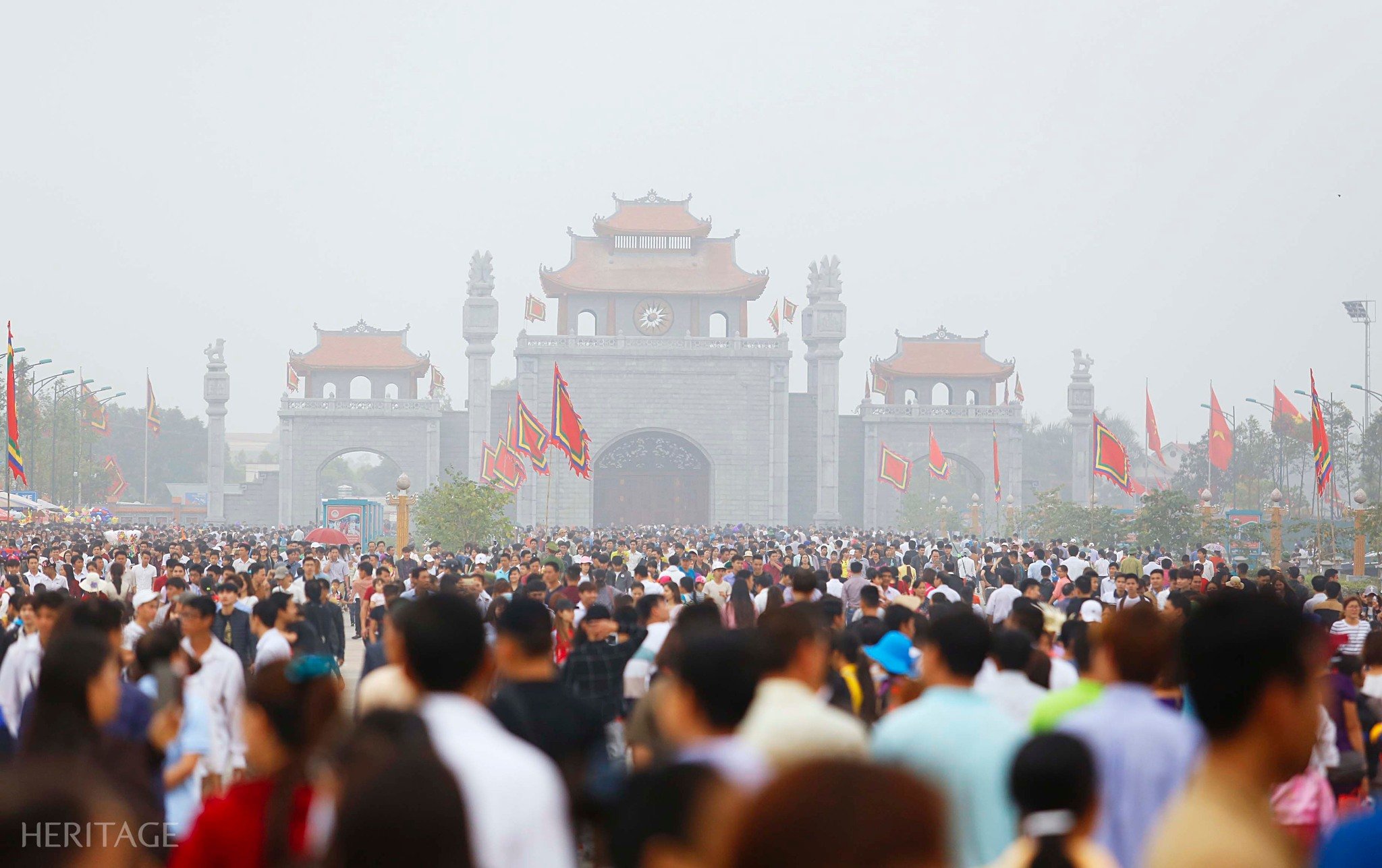
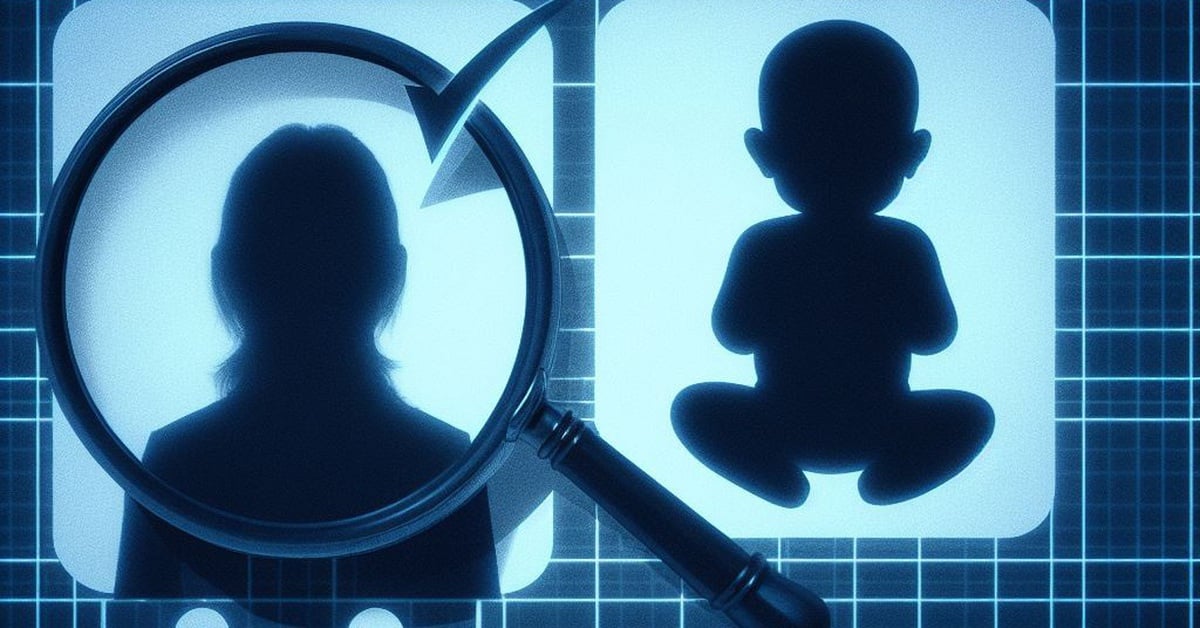





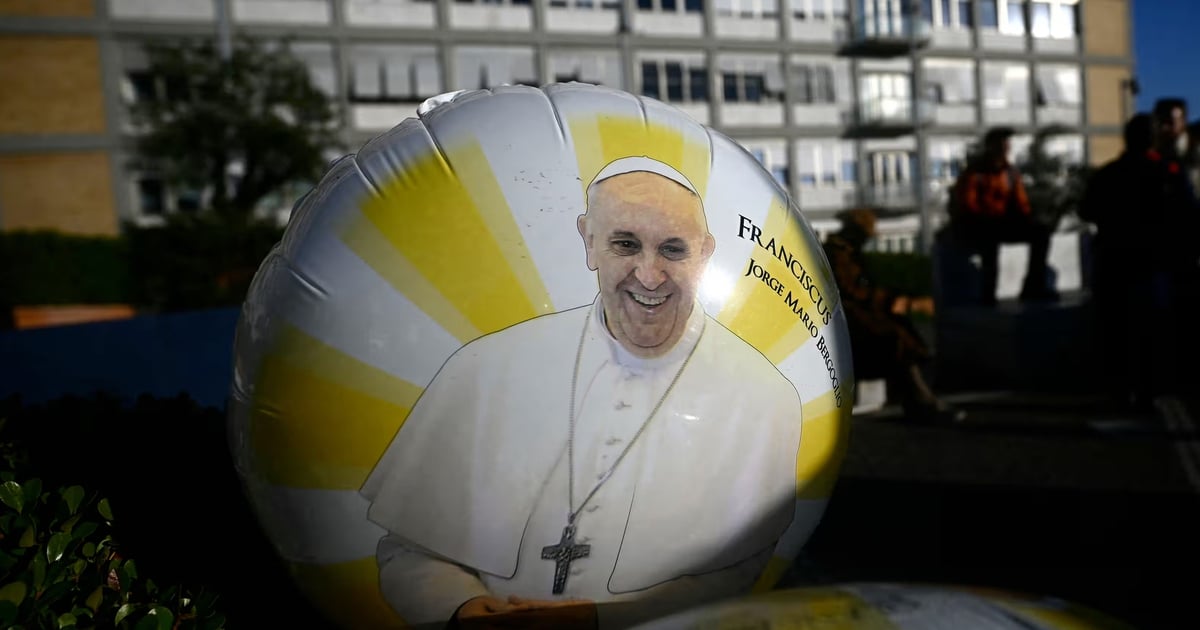
![[Video] Hanoi strengthens food safety control at schools, tightens handling of violations](https://vstatic.vietnam.vn/vietnam/resource/IMAGE/2025/4/3/c9a2202768fb4d6dbd70deaf3f28979f)
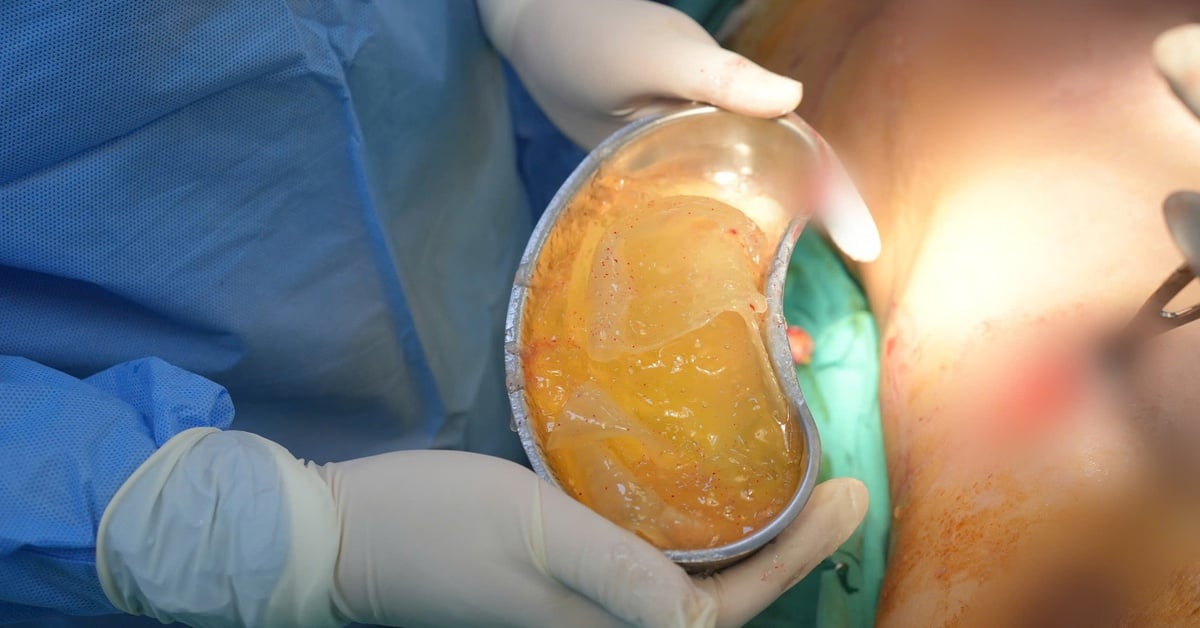

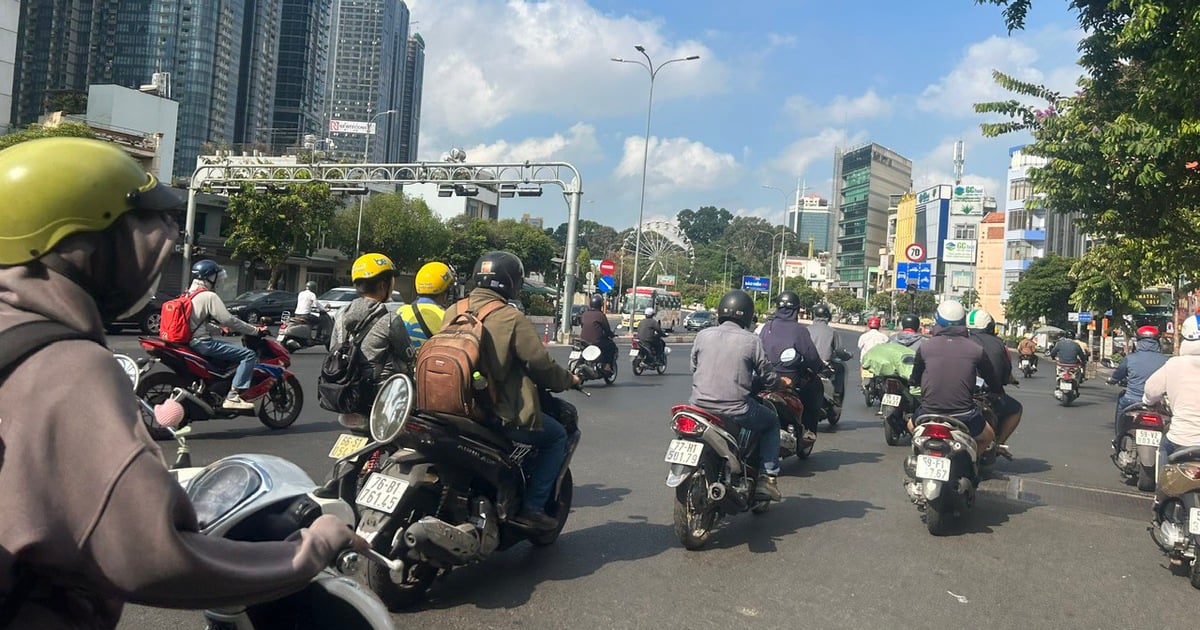
![[Video] Hanoi ensures adequate supply of medicine to prevent and control epidemics during the changing seasons](https://vstatic.vietnam.vn/vietnam/resource/IMAGE/2025/4/3/ad5d4d3bad3b469ba636737dc4e6efd1)
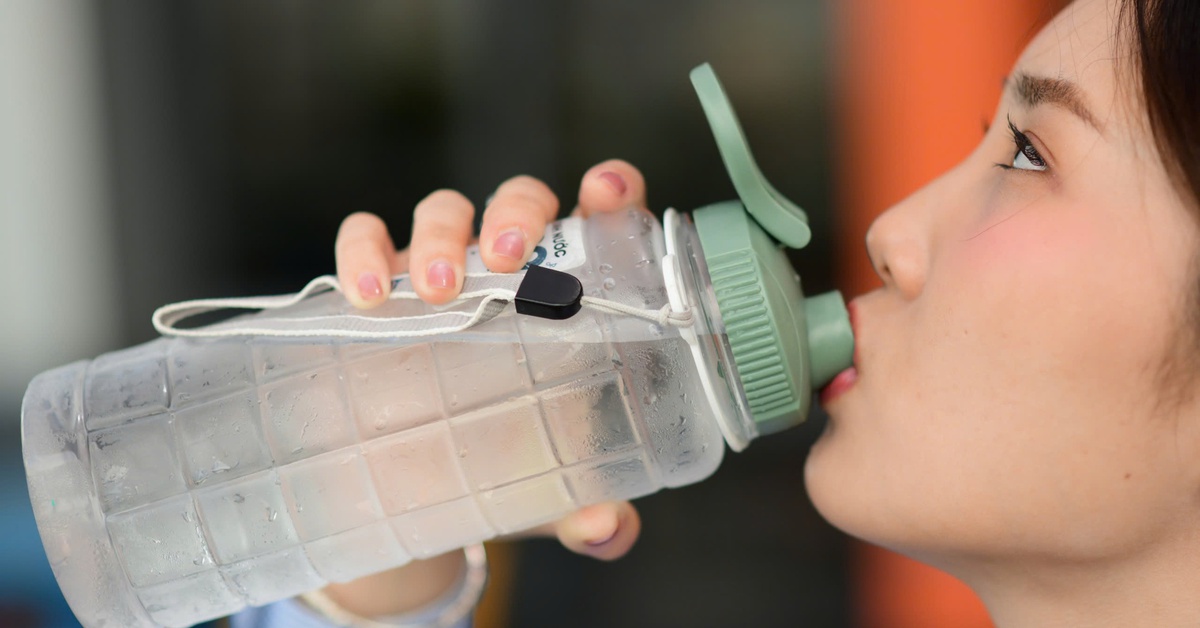









































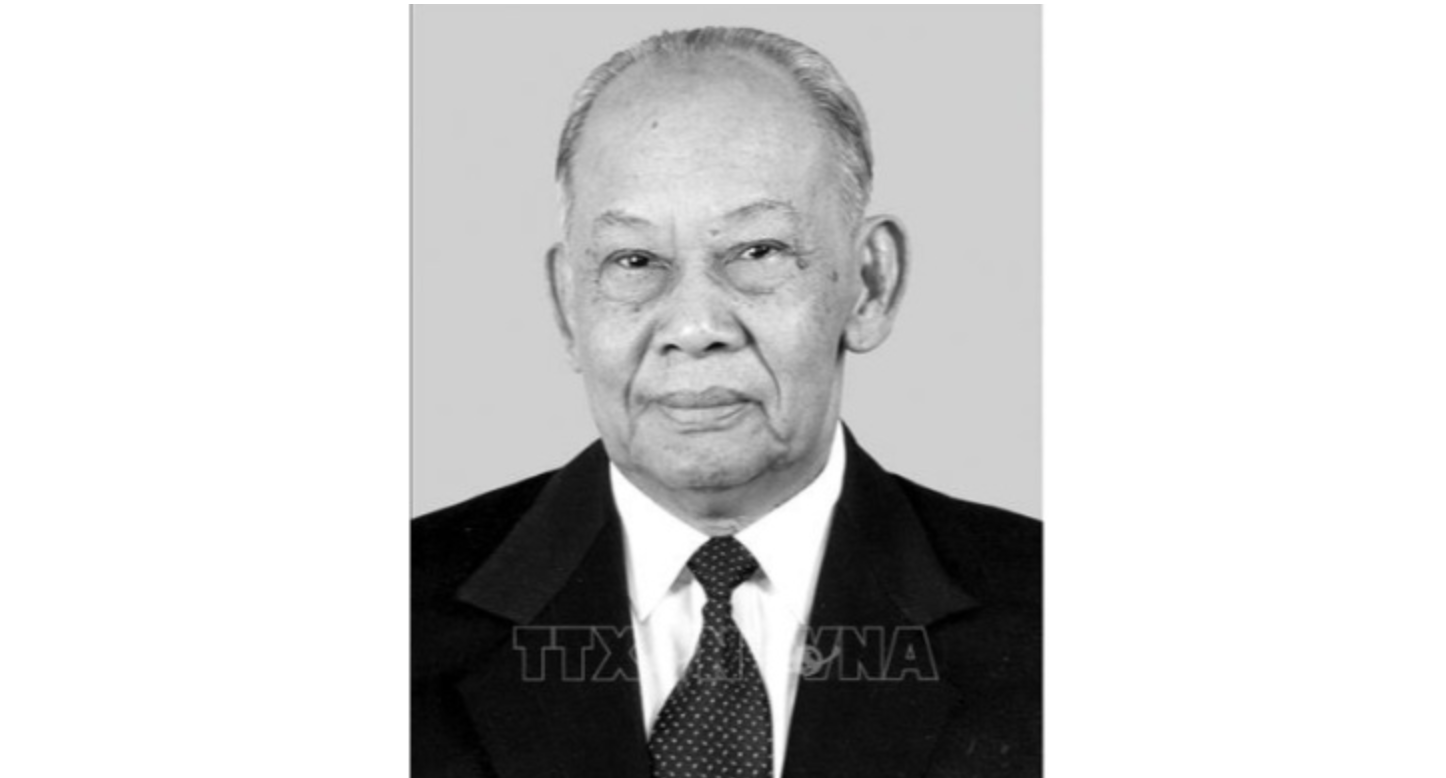

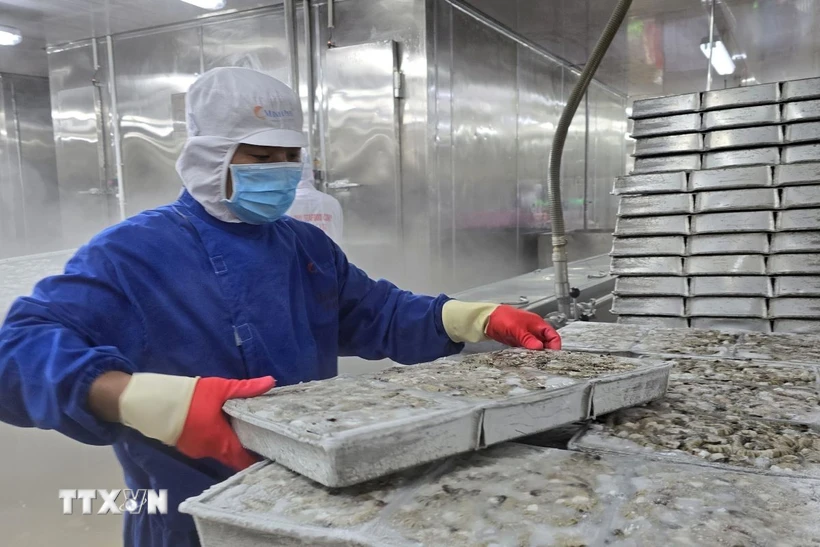
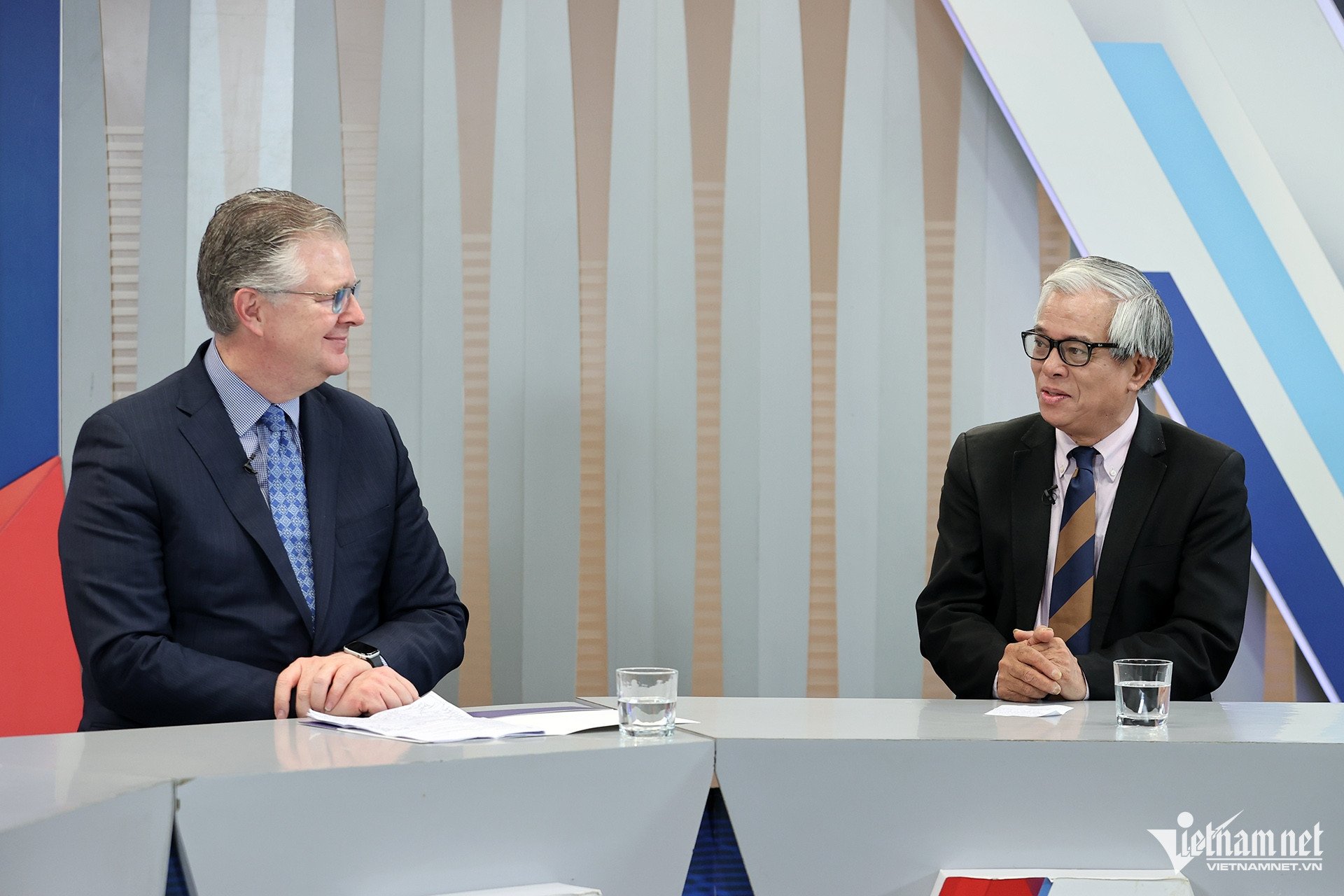


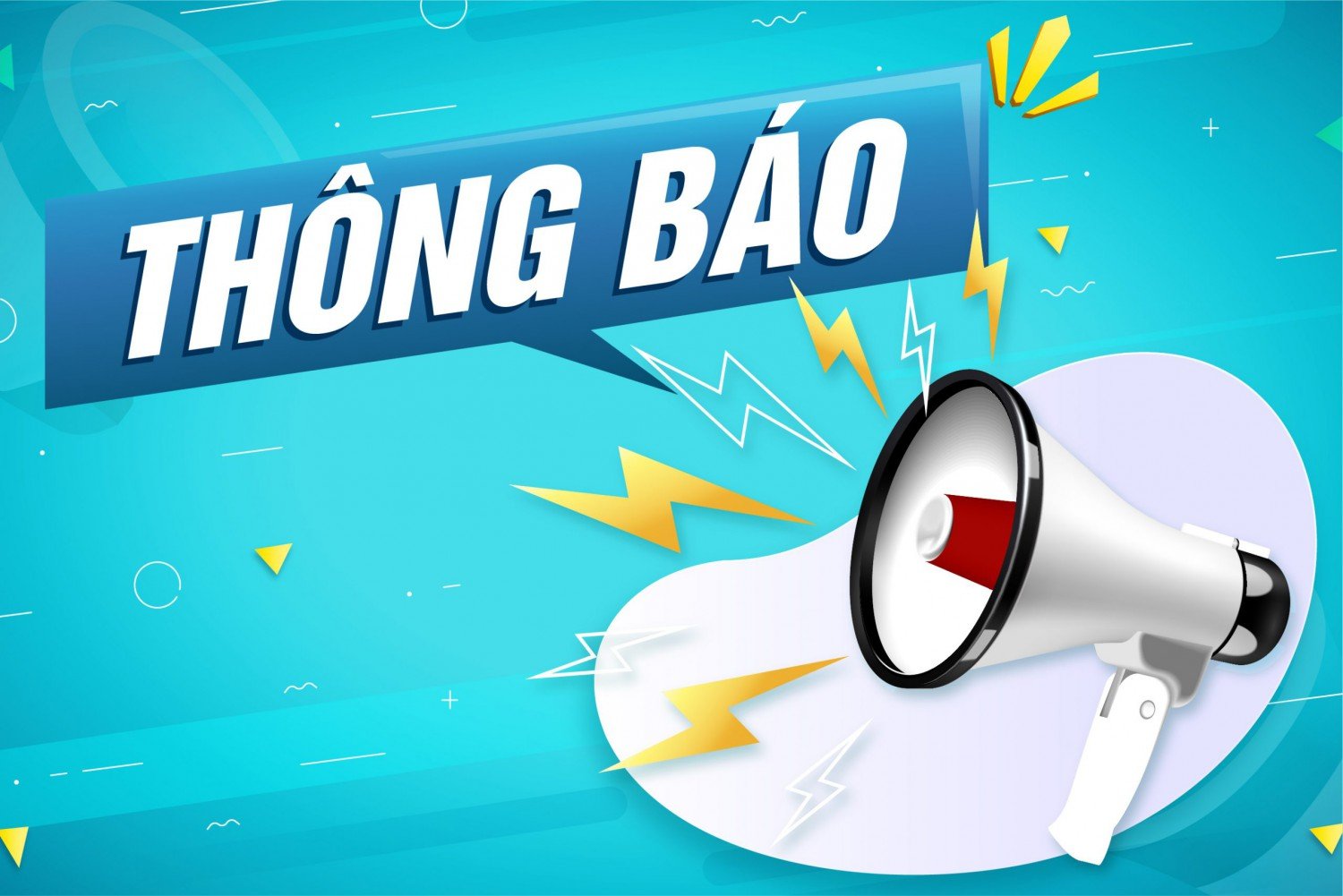

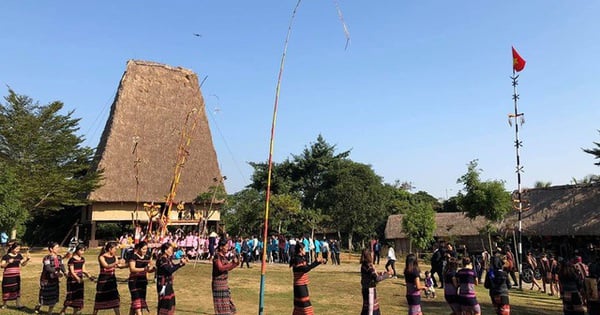






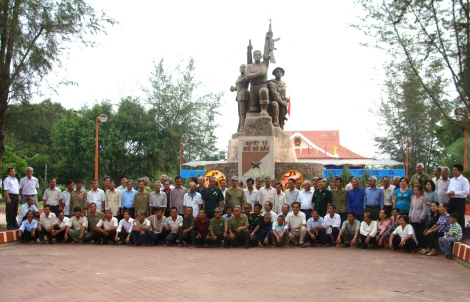

![[Podcast] News on March 24, 2025](https://vstatic.vietnam.vn/vietnam/resource/IMAGE/2025/4/3/f5fa1c3a9ae14d4590ac6965d233586b)
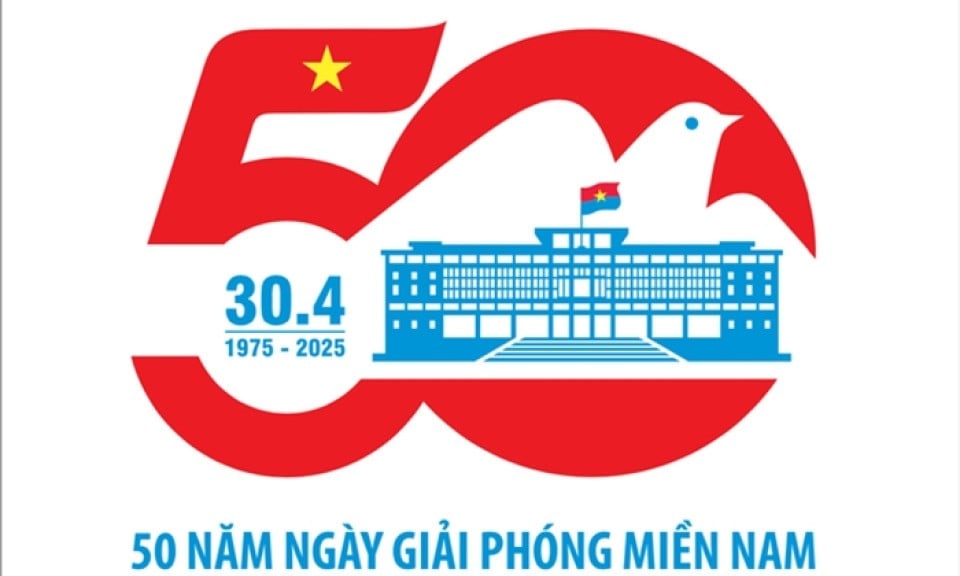













Comment (0)